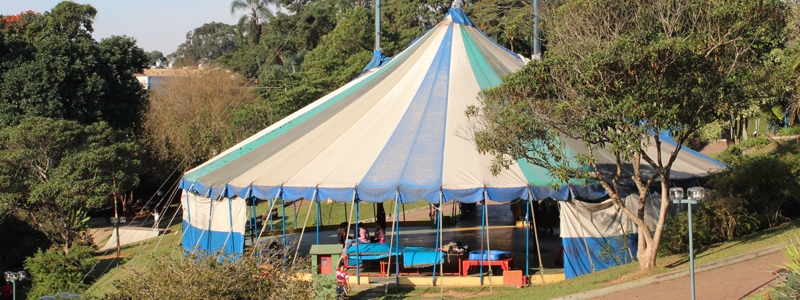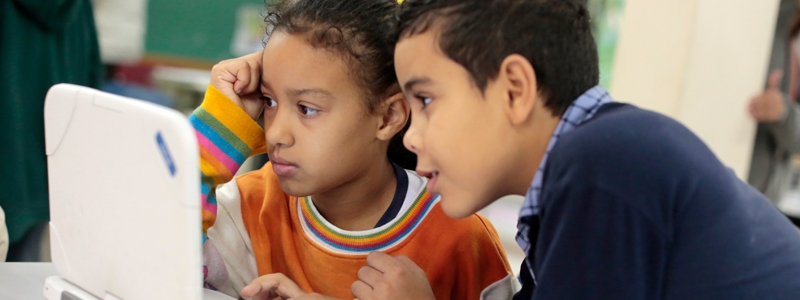Problem: The Âncora Project was founded in 1995 with the objective of improving the reality of children and adolescents in Cotia, in the metropolitan area of São Paulo, through after school educational activities. In a region where luxurious gated communities share space with numerous favelas, from the outset the project has aimed to offer training to students from low income families which allows them to carry out their role as citizens, and in doing so, contribute to the collective construction of a fair, balanced and sustainable society. However, after 16 years of existence, it was felt that a more full-time and disruptive approach was needed, as it was observed that the work done with the children was lost when they went to their regular schools before or after the project.

Solutions: In 2012, a primary school was opened with an educational philosophy inspired by the Escola da Ponte in Portugal, created by Professor José Pacheco, whose main objective is to encourage the autonomy of students and educators. In this institution, there is no separation by grades, and the children develop projects according to their interests. The physical structure of the school is also quite different to that of traditional schools. The spaces are ample in size and varied – there is a skateboarding area, open air areas, and large classrooms with desks that can be joined or separated according to the necessity or desire of the students. There is even a circus tent where the children can jump on a trampoline, exercise and study. In addition, a number of rules and regulations and pedagogical tools are discussed in assemblies.
The activities that each student develops are defined in conversation with tutors and recorded in individual study schedules. It works like this: the students identify their specific interests and together with their tutors, create a chart with learning objectives for a determined period. Following this schedule, without tests, the students study content from a range of different subjects. At the end of the period, they create a project related to a subject they were particularly interested in. A list of all the content that the children need to learn over the years according to the National Curriculum Parameters is posted on classroom walls and tutors register, on a daily basis, the content learnt during the projects, as well as the development of social-emotional skills. Workshops are also offered to provide complementary knowledge that was not acquired through the projects.

Outcomes: The autonomy of learning arouses the interest of the children and a sense of ownership of the pedagogic process. The next step of the Âncora Project, which is already under development, is to expand the learning experience and infrastructure to children, adolescents and adults across the city of São Paulo.






